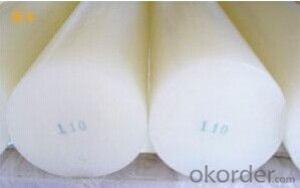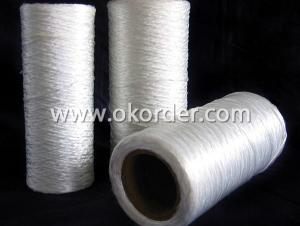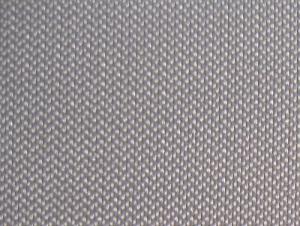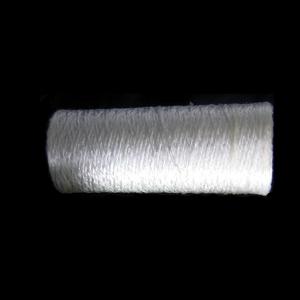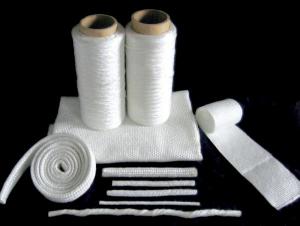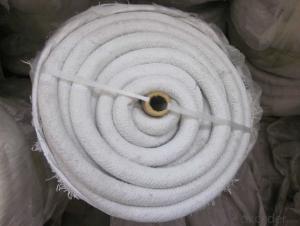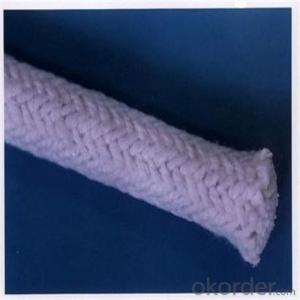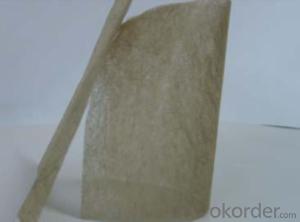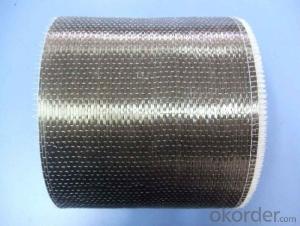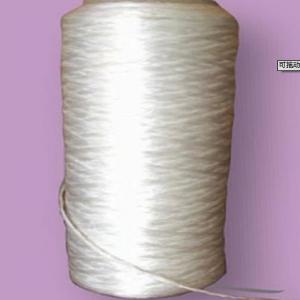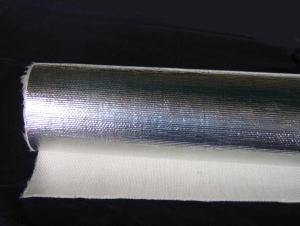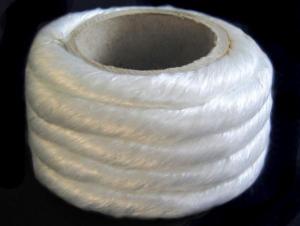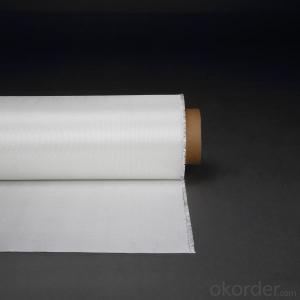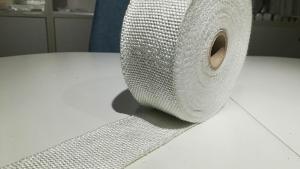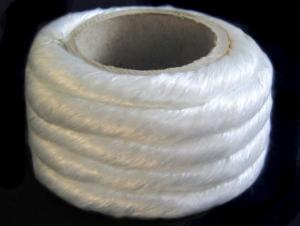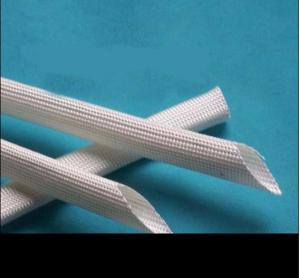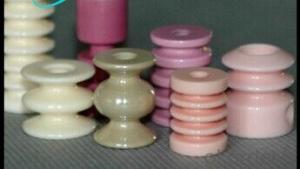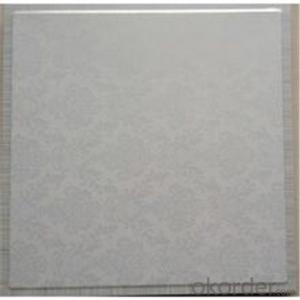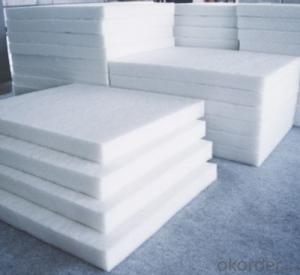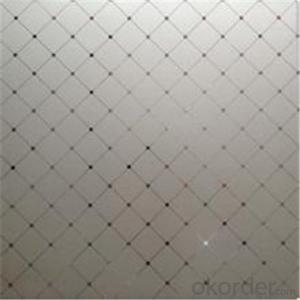Structure Textile Application Zirconia Ceramic Rod
- Loading Port:
- Qingdao
- Payment Terms:
- TT OR LC
- Min Order Qty:
- 500 m.t.
- Supply Capability:
- 2000 m.t./month
OKorder Service Pledge
OKorder Financial Service
You Might Also Like
Zirconia ceramic rods with precision slotted have the advantages of super hardness,high wear-resisting,good corrosion resistance ,high temperature tolerance,, high strength , precision process, high mechanical strength, good chemical stability, polishing surface and so on.
The following data as your reference .
Items | Unit | Data |
Density | g/cm3 | 6 |
Flexural Strength | MPa | 1000 |
Compressive Strength | MPa | 3000 |
Modulus of Elasticity | GPa | 200 |
Impact Resistance | MPa·m1/2 | 8 |
Weibull Modulus | m | 22 |
Vickers Hardness | HV0.5 | 1300 |
Thermal Conductivity | W/mk | <2 |
Highest Application Temperature | °C | 1000 |
Volume Resistivity at 20°C | Ω.cm20 | >1013 |
Dielertric strength | KV/mm | - |
Thermal expansion | X10-6/K | 10 |
Forming methods includes
1,drying pressing
2,isostatic pressing
3,hot pressing casting
The application of our product
1, ceramic shaft for aquatic animals equipment filter pump
2, Ceramic plunger for high pressure cleaner.
3,Wearlessness,resistant acid-base and high intensity ceramic assembly apply to petroleum ,chemical and chemical industry.
4,Wearlesness, corrosion resistance, thermostable parts apply to precision machine.
- Q:Are glass fiber textiles resistant to moisture damage?
- Yes, glass fiber textiles are resistant to moisture damage. Glass fiber textiles are made from glass fibers, which are inherently moisture-resistant. The glass fibers are composed of inorganic materials that do not absorb water, making them highly resistant to moisture damage. This characteristic makes glass fiber textiles suitable for applications where exposure to moisture is common, such as in outdoor or marine environments. Additionally, the non-absorbent nature of glass fiber textiles helps prevent the growth of mold and mildew, further enhancing their resistance to moisture damage.
- Q:How does the fiber length affect the properties of glass fiber textiles?
- The properties of glass fiber textiles are impacted by the length of their fibers. To begin with, longer fiber lengths generally result in stronger and more durable textiles. This is because the longer fibers interlock and bond within the fabric, increasing its tensile strength and making it more resistant to tearing or breaking when under stress. Additionally, longer fibers provide better flexibility and improved drapability to the fabric. They can be woven or knitted into complex patterns with greater ease, allowing the textile to be shaped and molded as required. This is especially important for applications where the fabric needs to conform to different shapes or be used in structural components. Moreover, longer fiber lengths enhance the thermal and electrical conductivity of glass fiber textiles. They provide a larger surface area for heat or electricity to transfer through the fabric. This is advantageous in applications where thermal insulation or electrical conductivity is necessary. However, it is important to consider the limitations of longer fiber lengths. They can make the textile stiffer and less comfortable to wear, reducing its suitability for clothing or soft furnishings. The longer fibers can also increase the weight of the fabric, making it less suitable for lightweight or high-performance applications. In conclusion, the choice of fiber length is crucial in determining the strength, durability, flexibility, thermal conductivity, and electrical conductivity of glass fiber textiles. It should be carefully considered based on the desired properties and specific requirements of the application.
- Q:Are glass fiber textiles resistant to pilling or fuzzing?
- Yes, glass fiber textiles are highly resistant to pilling or fuzzing. Glass fibers are known for their exceptional durability and strength, which means they are less likely to break or wear down over time. Unlike natural fibers such as cotton or wool, glass fiber textiles do not have loose ends or fibers that can become entangled and create pills or fuzz. Additionally, glass fiber textiles have a smooth and non-absorbent surface, which further reduces the likelihood of pilling or fuzzing. Therefore, glass fiber textiles are a great choice for applications where resistance to pilling or fuzzing is required, such as in upholstery, outdoor fabrics, or high-traffic areas.
- Q:Can glass fiber textiles be used in filtration systems for water or air?
- Glass fiber textiles, with their excellent filtration properties, are well-suited for use in both water and air filtration systems. These textiles have the ability to effectively eliminate impurities and contaminants from fluids and gases. This is due to their small pore size and extensive surface area, which enables them to successfully trap and remove particles, microorganisms, and other unwanted substances from the water or air that passes through the filtration system. Furthermore, glass fiber textiles are highly durable and resistant to chemical damage, making them appropriate for a range of filtration applications. Additionally, they can be easily manufactured into various forms, such as filter pads, cartridges, or bags, to meet the specific needs of the filtration system. In summary, glass fiber textiles are a dependable and efficient choice for filtration systems in both water and air purification processes.
- Q:How to make a fishing boat with fiberglass cloth?
- Do the best wood, plaster mold can also suggest that you go to see some part of the line made of FRP Yacht factory, some two dimensions can be
- Q:What are the different cutting methods for glass fiber textile?
- Some of the different cutting methods for glass fiber textile include using a sharp blade or scissors for manual cutting, using laser or waterjet cutting machines for precision cutting, and using automated cutting equipment for large-scale production.
- Q:How does glass fiber textile perform under mechanical stress?
- Glass fiber textile performs very well under mechanical stress. It is known for its high tensile strength and excellent resistance to stretching and breaking. This makes it a durable and reliable material that can withstand various mechanical forces without losing its structural integrity.
- Q:Is glass fiber textile hypoallergenic?
- Yes, glass fiber textile is hypoallergenic.
- Q:How do glass fiber textiles affect the moisture management of fabrics?
- Glass fiber textiles can enhance the moisture management of fabrics by effectively wicking away moisture from the body and promoting quick evaporation. The hydrophilic properties of glass fibers allow them to efficiently absorb and transport moisture away from the skin, keeping the wearer dry and comfortable. Additionally, the breathable nature of these textiles ensures that moisture is readily released into the surrounding environment, preventing the buildup of sweat and providing a more breathable and moisture-regulating fabric.
- Q:How durable are glass fiber textiles?
- Glass fiber textiles are known for their exceptional durability. The fibers themselves are made from glass, which is inherently strong and resistant to wear and tear. This makes glass fiber textiles highly durable and able to withstand various environmental conditions and physical stresses. Glass fiber textiles are also resistant to chemicals, abrasion, and UV radiation. They do not degrade easily when exposed to harsh chemicals or sunlight, making them suitable for use in outdoor applications. Additionally, glass fibers have a high melting point, which means they can withstand high temperatures without losing their structural integrity. Furthermore, glass fiber textiles have excellent tensile strength, meaning they can resist stretching and breaking under tension. This property makes them ideal for applications where strength and durability are important, such as in the construction industry for reinforcing concrete or in manufacturing composite materials. Overall, glass fiber textiles are known for their exceptional durability, making them a reliable choice for a wide range of applications that require strength, resistance to chemicals and UV radiation, and the ability to withstand various environmental conditions.
1. Manufacturer Overview |
|
|---|---|
| Location | |
| Year Established | |
| Annual Output Value | |
| Main Markets | |
| Company Certifications | |
2. Manufacturer Certificates |
|
|---|---|
| a) Certification Name | |
| Range | |
| Reference | |
| Validity Period | |
3. Manufacturer Capability |
|
|---|---|
| a)Trade Capacity | |
| Nearest Port | |
| Export Percentage | |
| No.of Employees in Trade Department | |
| Language Spoken: | |
| b)Factory Information | |
| Factory Size: | |
| No. of Production Lines | |
| Contract Manufacturing | |
| Product Price Range | |
Send your message to us
Structure Textile Application Zirconia Ceramic Rod
- Loading Port:
- Qingdao
- Payment Terms:
- TT OR LC
- Min Order Qty:
- 500 m.t.
- Supply Capability:
- 2000 m.t./month
OKorder Service Pledge
OKorder Financial Service
Similar products
New products
Hot products
